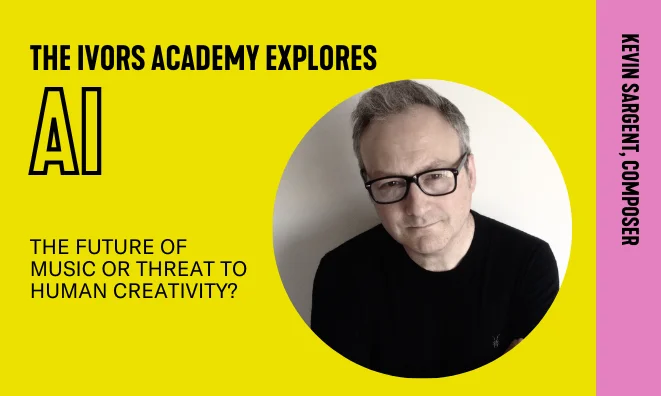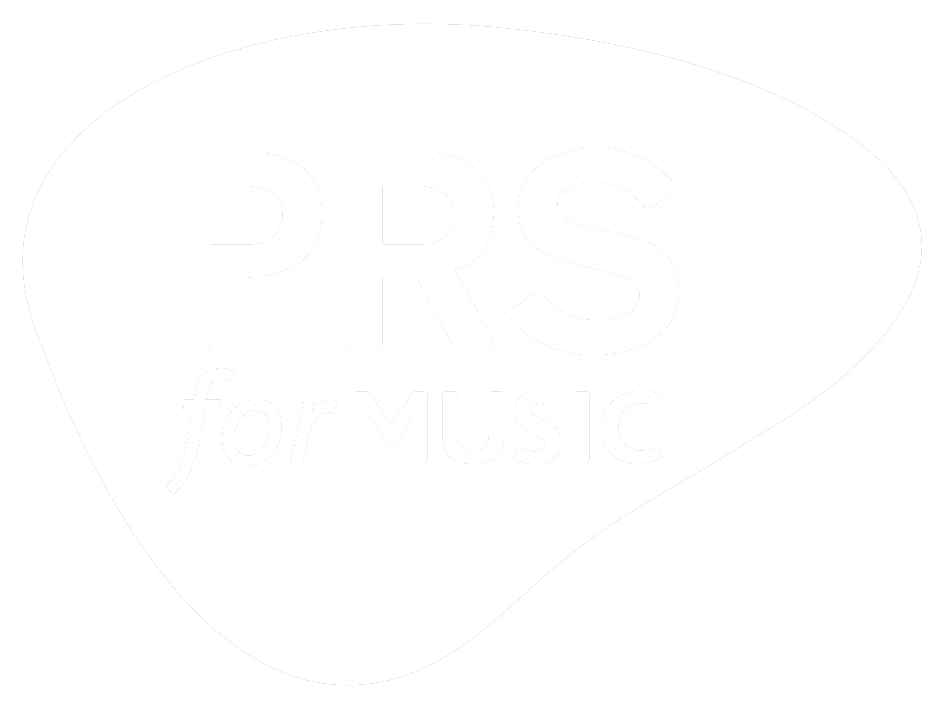In a world where artificial intelligence has seamlessly integrated itself into every facet of our lives, from crafting tailored recommendations to automating intricate tasks, there emerges a resounding question: will human creativity find itself eclipsed by the inexorable rise of AI-generated art, particularly in the realm of music? While the harmonious symphony between humans and machines undoubtedly presents a new paradigm, the essence of human creativity, with its intricate tapestry of emotions, experiences, and unique perspectives, is poised to transcend the confines of algorithms and continue to give birth to melodies that resonate with the depths of our souls. As we stand at the crossroads of technology and imagination, it becomes apparent that the spark of ingenuity that resides within each of us will be an enduring force, guiding us to compose melodies that defy the limitations of code and machines.
Or so thinks ChatGPT™ after we asked it to generate an opening paragraph on ‘why human creativity means people will still be driven to create music even if there exists AI-generated music now and in the future’. The development of generative AI platforms like ChatGPT and Midjourney™ has raised serious moral, legal and practical questions, concerning how human creativity and expression can flourish alongside this technology and how best we can use it to support and empower human creators.
The most developed, familiar models have been image or text generators, but AI music models are not far behind. Google has launched a public beta for their text-to-music AI model, MusicLM™, and Meta announced their generative audio and music AI tool, AudioCraft™. Another source of AI-generated music has been timbre transfer or tone transfer, where AI models are trained on the sounds and qualities of a particular voice and then used to generate material. This resulted in the first AI hit, Heart on My Sleeve, a song featuring the voices of both Drake and The Weeknd. The tune chalked up 15 million listens on TikTok and 600,000 on Spotify before being removed, after Universal Music Group, which represents both Drake and The Weekend, found the song violated basic copyright law.
The time has come for creators and their representatives to respond to these unparalleled new challenges. The Ivors Academy is dedicated to ensuring creators themselves are foremost in the conversation, so is proud to support The Human Artistry Campaign, a global alliance of organisations in the creative industries, now urgently calling on the government to protect the unique value of human creativity and demanding that creators’ interests are represented fairly when designing policy around AI. In the UK, The Ivors Academy and other music industry organisations successfully convinced the government to suspend proposals to waive existing copyright protections for such text- and data-mining processes, which would otherwise have granted unfettered access to the copyright material on which these AI systems were to be trained – and a prospect which UK Music argued that, if implemented, could lead perniciously to ‘music laundering’.
Music-makers have always been at the forefront of using or adapting new technologies in their art the Beatles explored the potential of multitrack recording, just as MIDI and digital sampling was crucial to hip-hop in the 80s. Undoubtedly, AI provides tools to create bold, innovative, startling art in the hands of truly creative practitioners, and this alongside its current usefulness in identifying existing musical works and helping fight copyright infringement. Nonetheless, the sheer scale in recent development of the technology could result in an explosion of ‘new’ musical works. If there are already 60,000 works being uploaded to Spotify each day we can imagine how many there might be with legions of ‘robo-composers’, churning out songs round the clock without the need to eat, sleep or sign basic legal agreements …
As this powerful and potentially exciting technology develops and becomes more widespread we need to ensure that it supports and encourages human creativity and expression rather than replaces them, so The Ivors Academy calls for these fundamental protections:
- Requiring AI enterprises to label any AI content that they create so the public know which is human-generated and which by AI.
- Seeking permission from creators before they use their work to train their models.
- To properly and fairly compensate them if they consent for their work to be used to create AI works.
It is vital that creators are able to understand how AI is being used and what impact it will have on the music industry of the future. For this reason, The Ivors Academy is organising and hosting a Global Creators Summit, supported by PRS, that will explore the latest developments in AI and music and create a platform for discussion, new ideas and debate on perhaps the most profound revolution facing music creators for generations.
Book tickets to The Ivors Academy Global Creator Summit on 20th September here.





